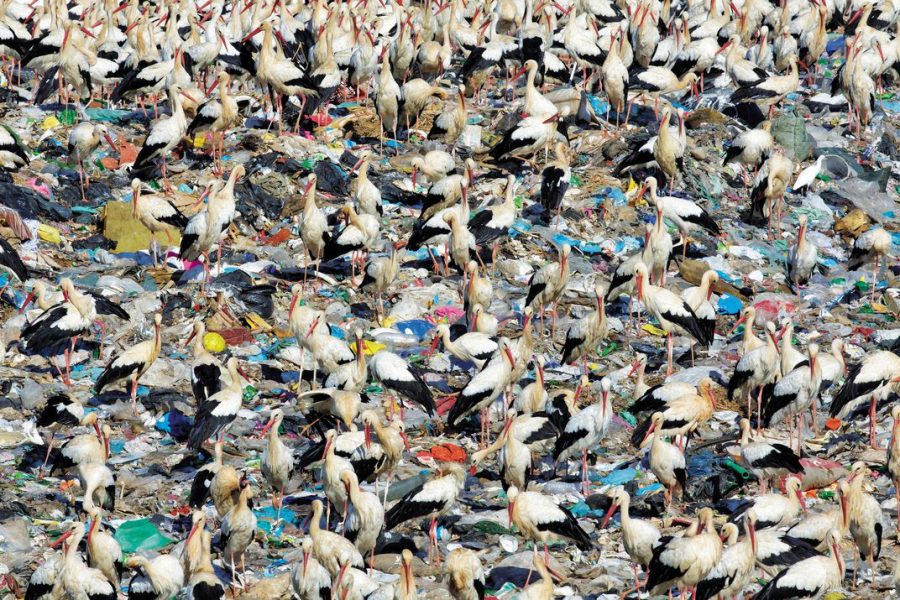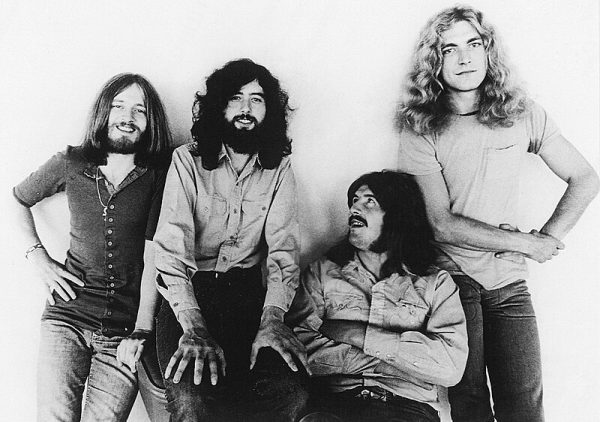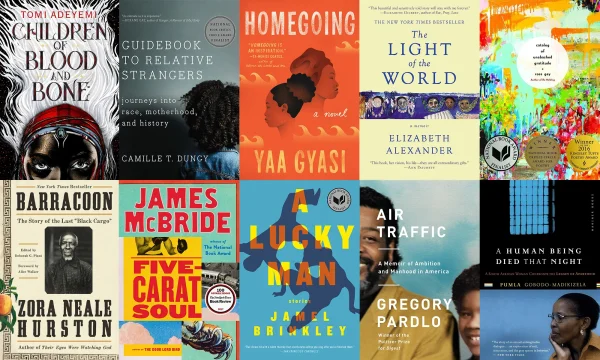Is Zero Waste Worth The Hype?
Within the last ten years, climate change has become a heavy topic weighing on the minds of many individuals all across the world. In order to combat this topic, one movement, the zero waste movement, thinks they can tackle our single use plastic problem. What does zero waste mean, you may ask? According to The Zero Waste International Alliance, zero waste is “the conservation of all resources by means of responsible production, consumption, reuse, and recovery of products, packaging, and materials without burning, and with no discharges to land, water, or air that threaten the environment or human health.” Or in simpler terms, reusing what you have and not purchasing or disposing of plastics by any means. Many people championing zero waste including Lauren Singer, a zero waste blogger hoping to inspire and make this lifestyle a little easier to attain. Through not only her blog Trash Is For Tossers but also her shop Package Free in Brooklyn, she illustrates how doing tasks such as making your own household supplies and buying in bulk with your own containers or at farmers markets can help someone work toward a zero waste lifestyle. As Singer says “leading a Zero Waste lifestyle is simple, cost-effective, timely, fun, & entirely possible for everyone and anyone.” Many people might forget this due to the quick and efficient single-use plastic trend that is thriving in our society today but it wasn’t too long ago that this zero waste lifestyle as we call it now was the norm all across America. Nancy Roberson, A marine biologist working at NOAA states that “as a child there were no plastic bags in grocery stores. Only the people with a good income could even afford to get paper bags for their groceries.” For Roberson, it was common for her family and of course lots of others throughout the 1960’s and 70’s to carry their own groceries (without bags you purchased at the store) and make their own cleaning products even though it was considered modern to buy pre-made household supplies.
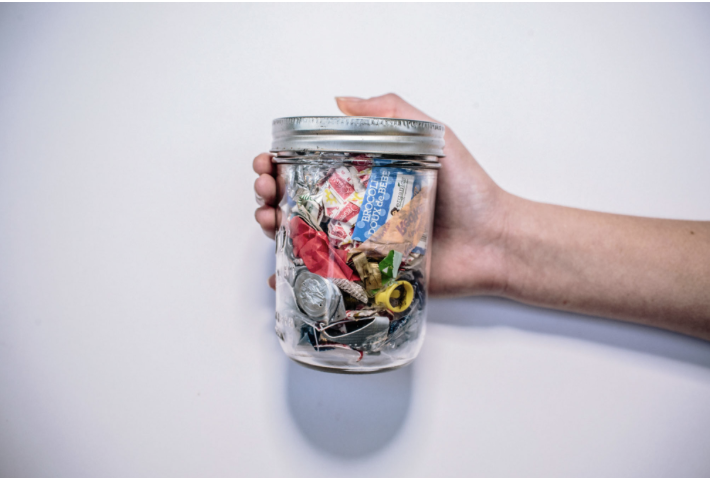
Though this idea of zero waste seems ideal and a great way to help stop climate change, some people view otherwise. “There is only so much we can do but reducing our trash output. This will not solve the problem.” Thoughts like this lead individuals to refrain from the zero waste lifestyle and believe that it’s the corporation’s fault and not the consumers. Corporations allow for far more waste to be released into our natural environment at fast rates compared to people who put out their trash every other week. A study shown from The World Research Institute states that “For every can of garbage at the curb, there are 87 cans worth of materials that come from the extraction industries.” That’s a ton of trash but are corporations also encouraging and influencing individuals not to participate in a zero waste lifestyle by making plastics readily available and cheap? Sadly the answer is yes. Plastic can be used to package practically anything and it’s cheap, so the likelihood that big corporations will stop using plastic is not realistic, at least not yet. While zero waste may not be effective in reducing waste as a whole, it will at least make a little dent in consumer waste and maybe eventually we can create a chain reaction towards living sustainably and conceptualizing how our waste is impacting the environment.
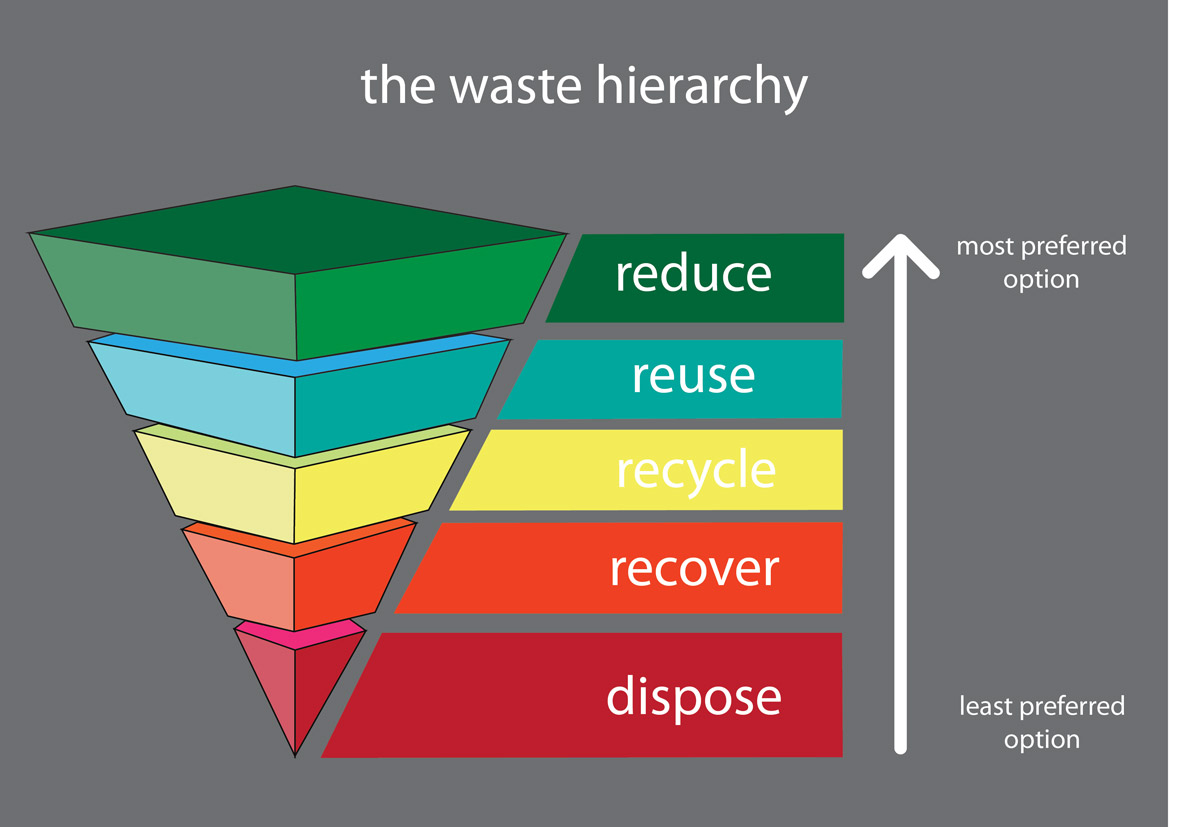
With all the controversy surrounding Zero Waste, it can be difficult to decide whether or not Zero Waste is actually a good solution to reducing climate change. While some say that every little step helps others argue that unless you make big changes through many big corporations nothing you do will stop the damages created by climate change. Nevertheless, at the end of the day each individual can decide what they believe is a suitable solution to climate change (and maybe they don’t even want to do anything about it). Zero Waste is one of the many ways you can contribute to combat the current climate change issue but it is not the only way. Just the idea of thinking and trying to take part in the movement with small everyday tasks (that are a part of your normal routine) might just be the right step in the direction of solving the climate change crisis.
Interested in learning more about/or becoming Zero Waste? Check out…
- This article on National Geographic is great for understanding the primary goals of Zero Waste and how some consumers have been affected by it.
https://news.nationalgeographic.com/2018/05/zero-waste-families-plastic-culture/
- If you’re looking for tips in becoming Zero Waste, definitely check out Lauren Singer’s Website Trash Is For Talkers. It has lots of great articles about not only how Singer was personally impacted by the Zero Waste movement but how you can transition yourself to a more sustainable lifestyle.
- Another great website to check out is Going Zero Waste created by Kathryn Kellogg about her experiences in the process of and after becoming Zero Waste. She has many helpful articles from creating a more sustainable hair routine to buying carbon offsets.



